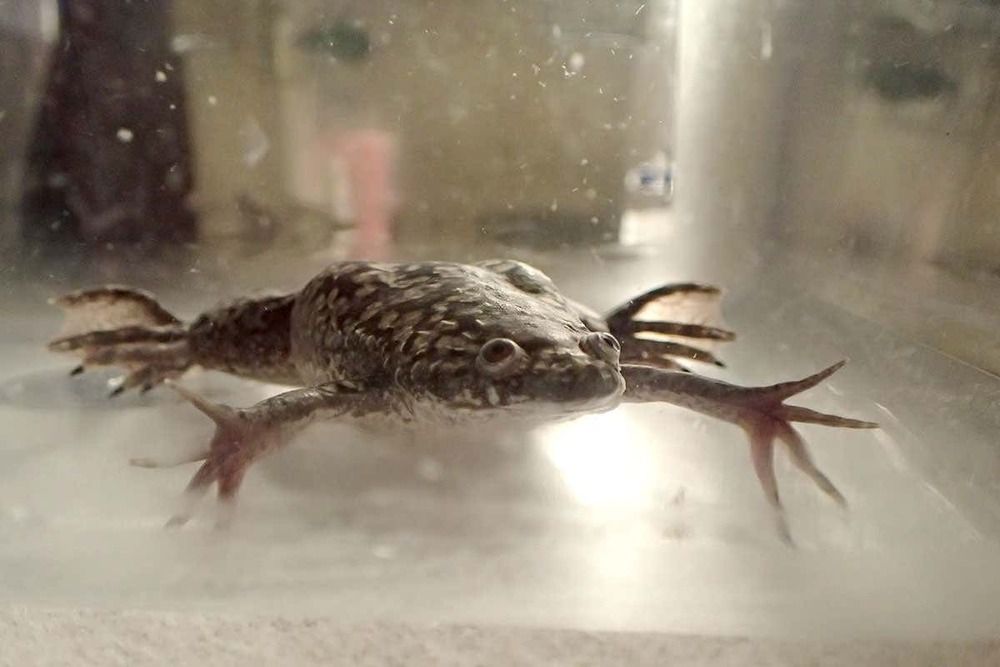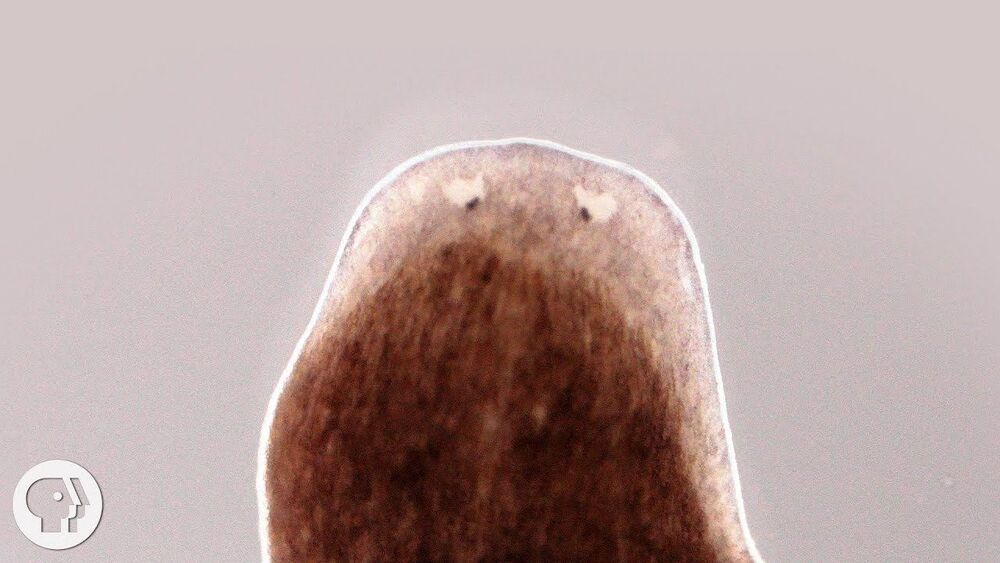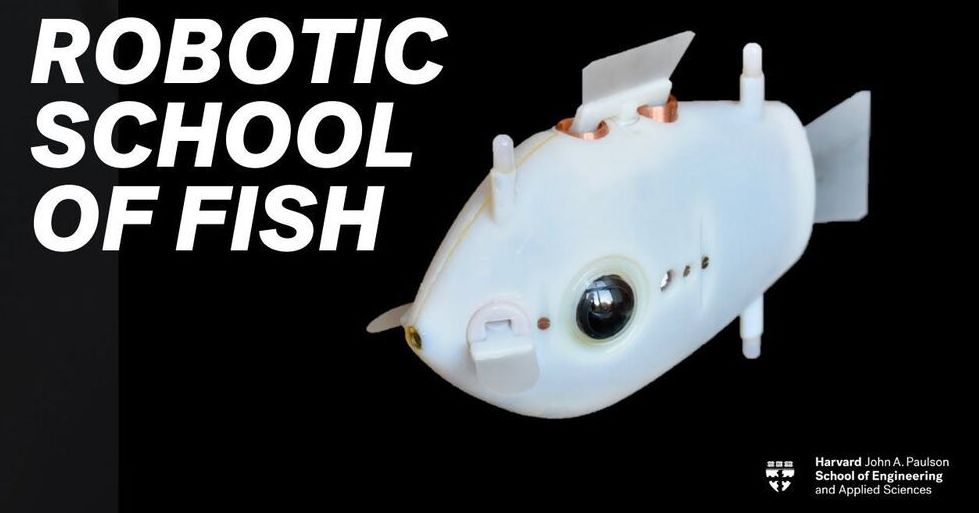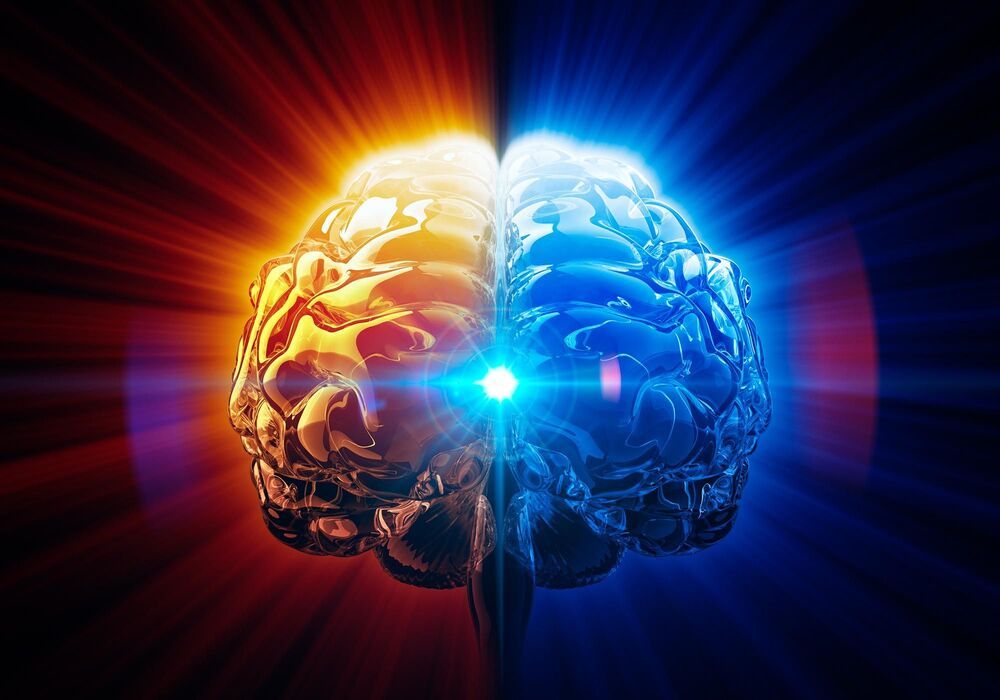
Using CRISPR technology, researchers are tracking the lineage of individual cancer cells as they proliferate and metastasize in real-time.
When cancer is confined to one spot in the body, doctors can often treat it with surgery or other therapies. Much of the mortality associated with cancer, however, is due to its tendency to metastasize, sending out seeds of itself that may take root throughout the body. The exact moment of metastasis is fleeting, lost in the millions of divisions that take place in a tumor. “These events are typically impossible to monitor in real time,” says Jonathan Weissman, MIT professor of biology and Whitehead Institute for Biomedical Research member.
Now, researchers led by Weissman, who is also an investigator with the Howard Hughes Medical Institute, have turned a CRISPR tool into a way to do just that. In a paper published on January 212021, in Science, Weissman’s lab, in collaboration with Nir Yosef, a computer scientist at the University of California at Berkeley, and Trever Bivona, a cancer biologist at the University of California at San Francisco, treats cancer cells the way evolutionary biologists might look at species, mapping out an intricately detailed family tree. By examining the branches, they can track the cell’s lineage to find when a single tumor cell went rogue, spreading its progeny to the rest of the body.


















